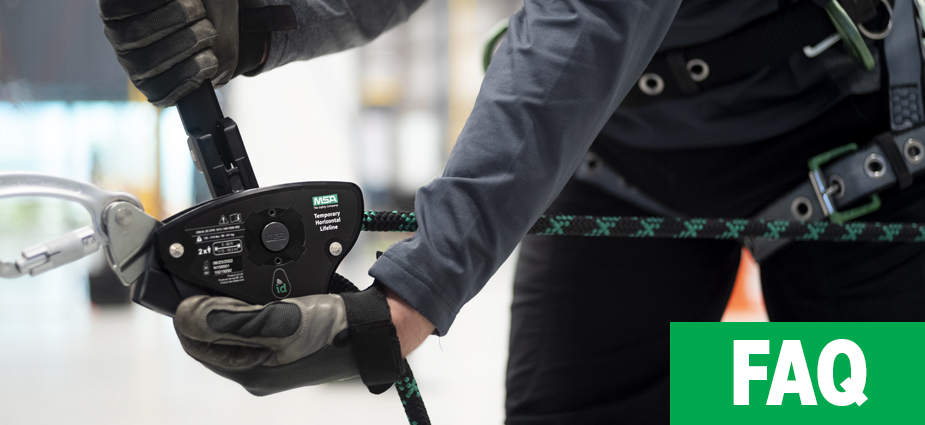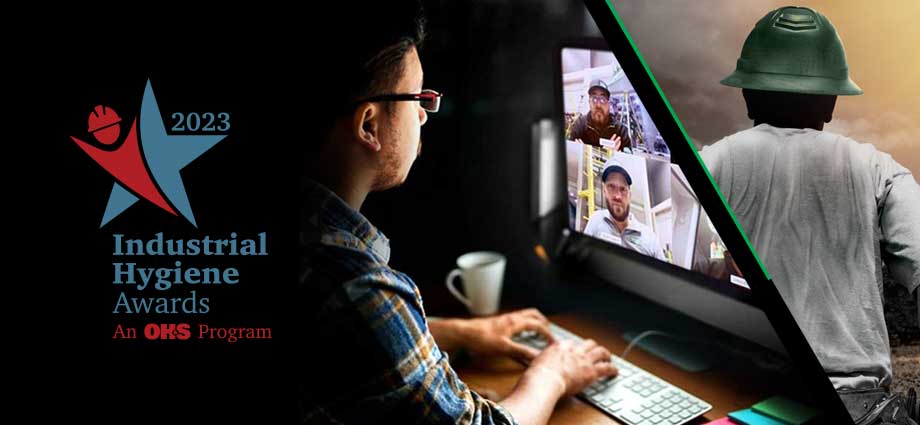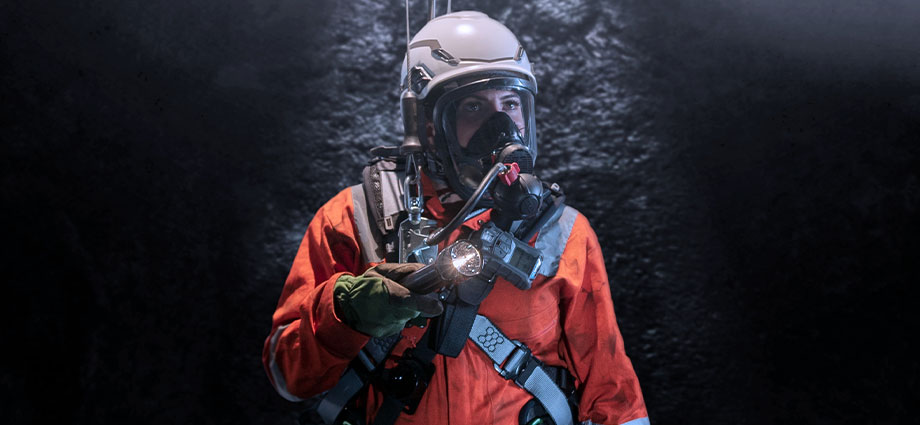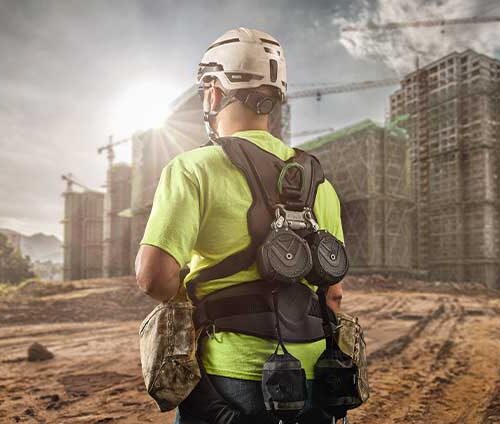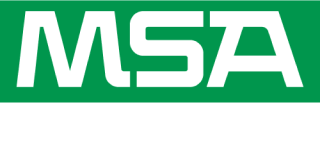
Throughout the course of the COVID-19 pandemic, the FDA has issued Emergency Use Authorization (EUA) of various types of personal respiratory protection for healthcare workers, primarily due to the shortages of disposable face mask options. The exact details of this EUA has changed a number of times, with the most recent updates going into effect in July 2021.
Here’s a breakdown of what you need to know about these latest updates.
What Was Included In the FDA’s First EUA During the COVID-19 Pandemic?
In early March 2020, the FDA issued a letter authorizing emergency use of:
- All disposable filtering facepiece respirators (FFRs or respirators) approved by the National Institute for Occupational Safety and Health (NIOSH), in accordance with 42 CFR Part 84, as non-powered air-purifying particulate FFRs
- FFRs that were NIOSH-approved but had since passed the manufacturers’ recommended shelf-life
Later that same month, the FDA reissued its EUA, amending the scope to include additional respiratory protection options for healthcare workers. The updates included:
- Non-powered air-purifying particulate FFRs and reusable respirators such as elastomeric half and full facepiece respirators, approved by NIOSH in accordance with 42 CFR Part 84 and listed on the NIOSH Certified Equipment list (CEL) for non-powered air purifying respirators with particulate protection
- Other powered air purifying respirators (PAPRs) approved by NIOSH, in accordance with 42 CFR Part 84, and that are listed on the NIOSH CEL for PAPRs with particulate protection
- FFRs that were NIOSH-approved but have since passed the manufacturers’ recommended shelf-life, are not damaged, and have been held in accordance with manufacturers’ storage conditions in strategic stockpiles
- Any authorized respirator under (1) or (3) above that has been decontaminated pursuant to the terms and conditions of an authorized decontamination system
What Are Latest Changes to the EUA?
In June 2021, the FDA concluded that based on the increased domestic supply of respirators approved by the CDC and NIOSH, and the latest CDC and OSHA guidelines for protecting healthcare workers, healthcare facilities should no longer use crisis capacity strategies.
The FDA announced that the original EUA no longer authorizes use of decontaminated or non-NIOSH approved disposable FFRs, or respirators that are beyond the manufacturer-designated shelf life. The FDA also revoked the remaining decontamination system and bioburden reduction EUAs.
The updated and reissued EUA went into effect on July 6, 2021 and now includes only NIOSH-approved respirators which can be cleaned, disinfected, and reused in healthcare settings in response to the ongoing COVID-19 pandemic. This reissue limits the scope of the EUA to include:
- Non-powered air-purifying particulate FFRs and reusable respirators such as elastomeric half and full facepiece respirators, approved by NIOSH in accordance with 42 CFR Part 84 and listed on the NIOSH Certified Equipment list (CEL) for non-powered air purifying respirators with particulate protection
- Other powered air purifying respirators (PAPRs) approved by NIOSH, in accordance with 42 CFR Part 84
This latest update remains in effect until the FDA declares that circumstances exist justifying the authorization of the emergency use of personal respiratory protective devices during the COVID-19 outbreak is terminated or the EUA is revoked. More details about the EUA updates can be found here.
What Does This Mean for Respiratory Products Issued During the Pandemic?
Some of the respiratory products, such as PAPRs, that were distributed at the height of the pandemic for emergency use may not be NIOSH-approved, or only approved for pandemic use. Which means that they do not meet NIOSH requirements for ongoing use in healthcare settings or for conventional operations in occupational settings; in order to meet NIOSH approval requirements, PAPRs distributed under previous EUA guidelines or large volume stockpile contracts may need to be retrofit or replaced altogether for continued use.
What Respiratory Products Meeting NIOSH Requirements Are Available?
MSA offers NIOSH-approved elastomeric half-mask respirators and PAPRs, which are suitable for healthcare workers, frontline workers, and in general industrial settings where NISOH approval is required, and include benefits of lower total cost of ownership, reduction in storage space, and flexibility in protection. In fact, all MSA respirators that were issued and distributed during the pandemic carry standard NIOSH approvals for use in occupational settings.
Learn more about respiratory protection options – including the Optimair® TL PAPR, which is in stock and ready to ship today – here.


